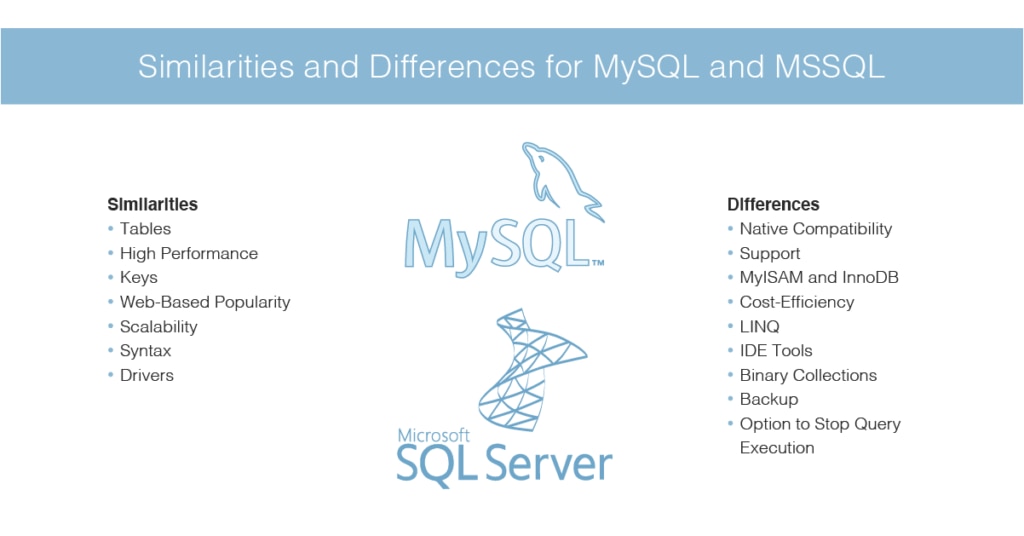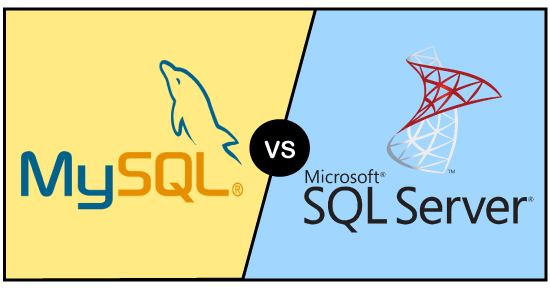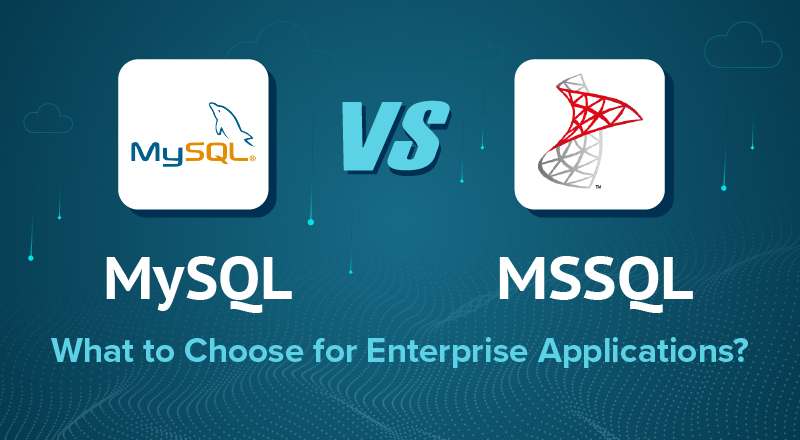
MySQL vs MSSQL – The choice between MySQL and Microsoft SQL Server (MSSQL) depends on various factors, including the specific requirements of your application, budget, scalability needs, and your team’s familiarity with the database system.
MySQL and MSSQL are popular relational database management systems (RDBMS), and each has its strengths and weaknesses.
MySQL vs MSSQL – Here are some key considerations for comparing MySQL and MSSQL:
MySQL:
- Open Source:
- MySQL is an open-source database, which means it is free to use, and its source code is accessible. This can be advantageous for organizations looking to minimize licensing costs.
- Community Support:
- MySQL has a large and active open-source community. This community support can be valuable for finding solutions to common issues and accessing a wide range of resources.
- Cross-Platform Compatibility:
- MySQL is known for its cross-platform compatibility, making it suitable for various operating systems, including Windows, Linux, and macOS.
- Scalability:
- MySQL is known for its scalability and can handle large amounts of data and high transaction volumes. It is often used in web applications and websites with significant user traffic.
- Performance:
- MySQL is known for its fast read and write operations, making it suitable for applications with high read and write demands.
- Integration with LAMP Stack:
- MySQL is commonly used in conjunction with the LAMP (Linux, Apache, MySQL, PHP/Python/Perl) stack, making it a popular choice for web development.
Microsoft SQL Server (MSSQL):
- Integration with Microsoft Technologies:
- MSSQL is tightly integrated with other Microsoft technologies, such as the .NET framework and Visual Studio. It may be the preferred choice for organizations using Microsoft-centric development tools.
- Enterprise Features:
- MSSQL is feature-rich and offers advanced enterprise features, including built-in reporting and analysis services, data warehousing, and business intelligence tools.
- Security:
- MSSQL is known for its robust security features, including role-based security, encryption, and auditing capabilities. It is often chosen for applications with strict security requirements.
- Management Tools:
- MSSQL comes with comprehensive management tools, including SQL Server Management Studio (SSMS), which provides a user-friendly interface for database management and development.
- Transaction Isolation Levels:
- MSSQL supports a range of transaction isolation levels, providing flexibility for applications with specific consistency requirements.
- Windows Platform Focus:
- MSSQL is primarily designed for the Windows platform. While there are versions that run on Linux, it is often associated with Windows server environments.

- MSSQL is primarily designed for the Windows platform. While there are versions that run on Linux, it is often associated with Windows server environments.
Choosing Between MySQL and MSSQL:
- Budget and Licensing:
- If cost is a significant consideration, MySQL’s open-source nature might be advantageous. MSSQL may involve licensing fees, especially for enterprise editions.
- Application Requirements:
- Consider the specific requirements of your application, including features, scalability, and integration needs. MSSQL may be preferred for complex enterprise applications, while MySQL is commonly used in web development.
- Development Environment:
- If your development team is already familiar with Microsoft technologies, MSSQL might be a more natural fit. Conversely, if you are using open-source technologies, MySQL could be a suitable choice.
- Scalability and Performance:
- Assess your application’s scalability requirements and performance expectations. Both MySQL and MSSQL can scale well, but the choice may depend on your specific use case and optimization needs.

The main difference between MySQL and Microsoft SQL Server is that MySQL is an open-source RDBMS known for its cross-platform compatibility and cost-effectiveness, while Microsoft SQL Server is a commercial RDBMS primarily designed for the Windows platform, offering advanced features and tight integration with Microsoft technologies.
MySQL is an open-source RDBMS solution that was purchased by Oracle in 2008. As a component of the popular LAMP web application development stack, MySQL powers some of the world’s most highly visited websites, including Facebook, Twitter, and YouTube.
Microsoft SQL Server (MSSQL) is an RDBMS solution developed and maintained by Microsoft. First released in 1989, SQL Server is now available in many different versions with different feature sets, including Enterprise, Standard, and Express versions.
The question of MySQL vs. MS SQL Server is a tough one, and there’s no right answer for every organization.
- Assess your application’s scalability requirements and performance expectations. Both MySQL and MSSQL can scale well, but the choice may depend on your specific use case and optimization needs.
Ultimately, the “better” choice depends on your unique requirements and the context of your project. Both MySQL and MSSQL are reliable database systems widely used in the industry, and the decision should align with your development goals and infrastructure preferences.
